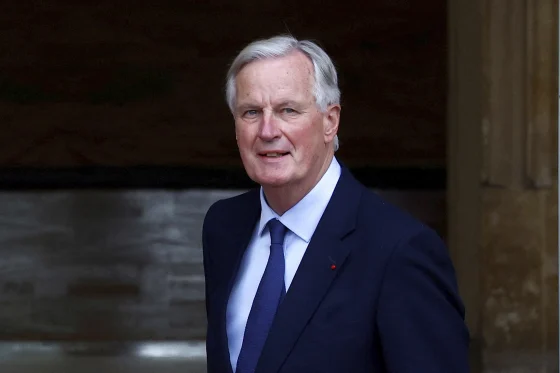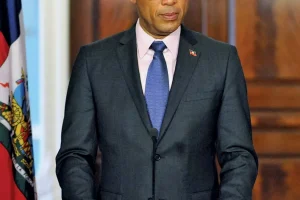The political world is reeling as France faces a dramatic government collapse, a first in over six decades. In an unprecedented turn of events, Prime Minister Michel Barnier has been ousted following a decisive no-confidence vote in the National Assembly, just three months into his tenure. The move signals a staggering blow to President Emmanuel Macron’s leadership, as the country grapples with mounting political and economic challenges.
This historic vote, reminiscent of a political earthquake, marks the first time a French government has fallen through parliamentary action since 1962.
Barnier, who gained international prominence as the European Union’s chief Brexit negotiator, is now set to become the shortest-serving prime minister in the modern history of the French Republic.
The days leading up to the vote were rife with tension, as fierce debates and heated exchanges reflected the widening divisions in France’s political fabric.
Inside the National Assembly, lawmakers from opposition parties united in a cacophony of dissent, signaling a growing dissatisfaction with the government’s policies and direction.
The fallout from this no-confidence vote is expected to send ripples far beyond France, with potential ramifications across the eurozone.
President Macron now faces a monumental task: swiftly appointing a new prime minister capable of restoring confidence while addressing the pressing economic and political issues fueling the unrest.
The collapse of Barnier’s government underscores the volatility of France’s current political climate, as well as the challenges Macron faces in maintaining his leadership.
With the eyes of the world fixed on France, the next steps taken by Macron and his administration will undoubtedly shape the trajectory of the country’s political and economic future.
Stay tuned as we continue to follow this developing story and the repercussions it may have across Europe and beyond.
















